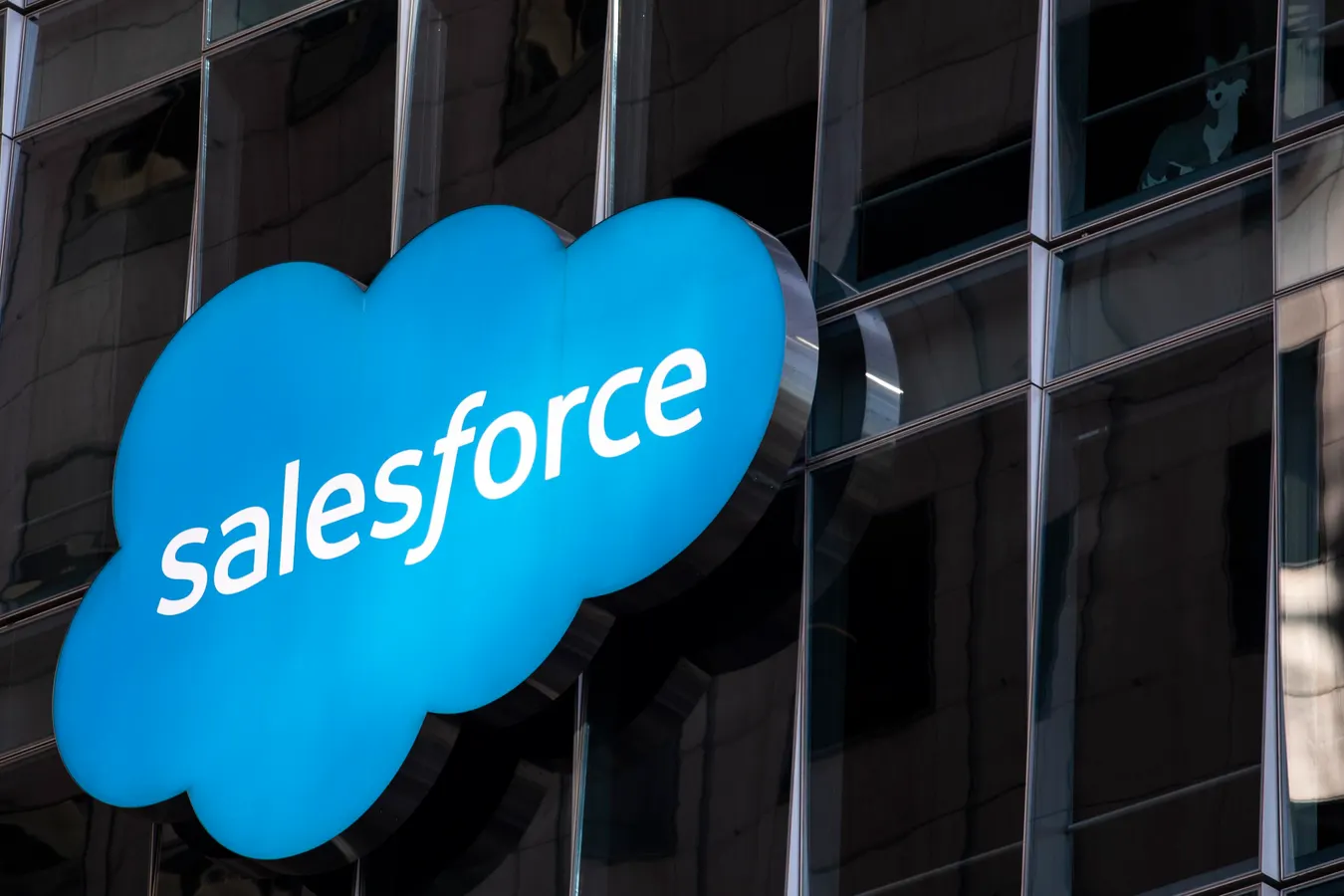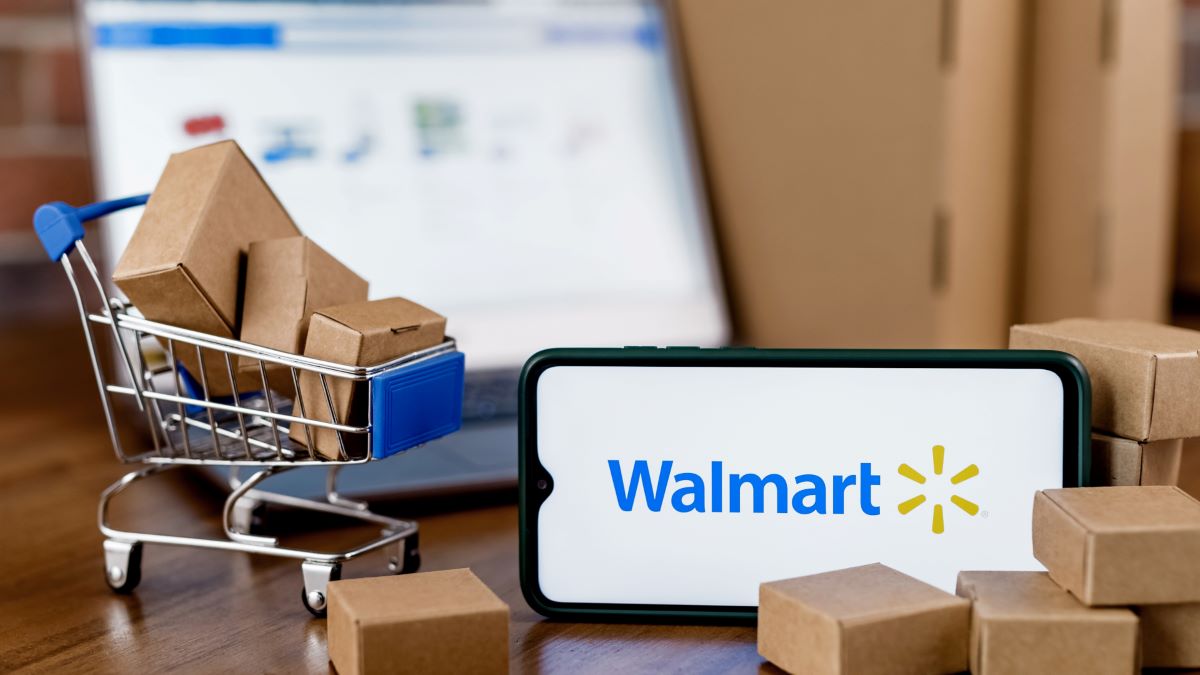As the retail space becomes increasingly challenging, Walmart is looking for new revenue streams. The retail giant, renowned for its extensive range of products including groceries, toothpaste, and toys, is now focusing on expanding its technology and services to other companies.
On Thursday, Walmart announced a partnership with Salesforce to enhance the distribution of its GoLocal delivery service, which delivers purchases directly to customers’ doors, and Store Assist, a tool that helps employees pick and pack orders more efficiently for curbside pickup and delivery.
Starting this spring, these services will be available through Salesforce and will be listed in its app store for businesses.
Walmart’s latest initiative to commercialize its technology comes in response to a more difficult retail environment. Inflation has led consumers to spend more on essentials, boosting sales of Walmart’s groceries.
However, the company is also experiencing a decline in sales of higher-margin items such as electronics, clothing, and other discretionary goods.
Suresh Kumar, Walmart’s Global Chief Technology Officer, explained that the Salesforce deal will enhance the shopping experience.
“By bringing in other retailers, we can understand what the customer needs are throughout the shopping journey and then be able to improve our products to be able to serve the customer no matter how, where or when they shop,” he said. “That ultimately is going to benefit us also because we will continue to keep improving our products.”
For example, as GoLocal handles more deliveries from various retailers, its drivers will have more efficient routes, reducing the cost of last-mile deliveries and allowing them to drop off packages from multiple retailers in a single trip.
Walmart has been looking into various strategies to monetize its vast customer base and extensive network of over 5,300 U.S. stores and warehouse clubs.
These efforts include expanding its advertising business, Walmart Connect; attracting more sellers to its third-party marketplace and offering fulfillment services; and providing Walmart Luminate, a customer insights tool for merchants and suppliers.

The company has also co-founded and supported a financial technology startup and launched Walmart+, a subscription service similar to Amazon Prime.
Since its launch in 2021, GoLocal has secured clients such as Home Depot and Chico’s. Store Assist, a technology used by Walmart’s own employees, began being offered commercially last summer.
Walmart’s moves resemble strategies employed by its rival Amazon. Over the past two years, Amazon has licensed its cashier-less checkout technology, known as “Just Walk Out,” to airports, sports venues, and a grocer in Missouri.
Amazon has also explored selling its palm-scanning payment system and launched an analytics service where brands pay for data on product performance in Amazon’s physical stores.
While Walmart has not provided specifics about the commercial agreements or projected the size of its commercialization business, it is showing signs of growth. GoLocal has completed over 3 million deliveries since its inception, with more than 1 million deliveries achieved by August.
Walmart’s newer business ventures have become a frequent topic in the company’s earnings calls. In November, Walmart Chief Financial Officer John David Rainey reported that the company added over 8,000 sellers to its third-party marketplace in the fiscal third quarter.
The company’s digital advertising business grew more than 30% globally during the quarter, driven by a 40% increase in Walmart Connect in the U.S. and advertising on Flipkart, an e-commerce site in India that Walmart majority owns.
Salesforce Chief Product Officer David Schmaier noted that retailers are eager for solutions to meet customers’ high expectations, who shift between in-store shopping, home delivery, and curbside pickup. Salesforce data reveals that 1 in 5 online orders placed the weekend before Christmas were picked up in stores.
Walmart is expected to stand out in the app store as a technology provider by and for retailers, Schmaier added.
Despite its expansion into technology services, Walmart remains cautious about protecting its proprietary technologies, according to Kumar. Some of Walmart’s technologies will not be available for sale.
“We are actually very deliberate in terms of choosing the kinds of technologies that we want to offer to other businesses,” Kumar said.






Leave a Reply